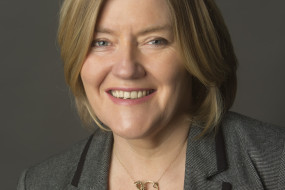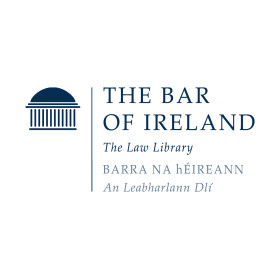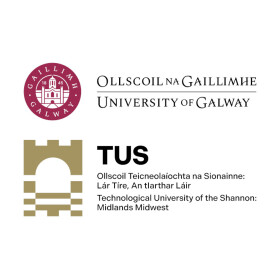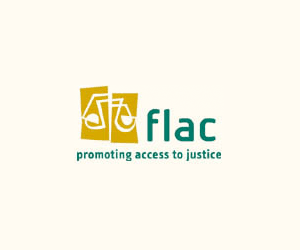The Scold’s Bridle or Branks was a form of punishment usually reserved for women who resisted subordination and didn’t conform to being a quiet and virtuous wife. Women who were perceived as being troublesome – who gossiped, “nagged” their husbands, or who were acc
Analysis
Director Joe Berlinger's new Ted Bundy biopic arrives in cinemas and on Sky Cinema today amid a storm of controversy over its casting of former teen heart-throb Zac Efron as the notorious murderer, rapist and necrophile who killed at least 30 women in the 1970s. The film, described by Berlinger as a
Our sister publication, Scottish Legal News, recalls a scandalous divorce case from just across the water. Donald Findlay QC has narrated an audiobook on the divorce case of the Duchess of Argyll – Allan Nicol’s Three Strand Pearl Necklace.
Dorit McCann, partner and head of EU, competition and procurement at Beauchamps, examines the Irish authorities' approach to gun-jumping. The Irish Competition and Consumer Protection Commission (CCPC) has, for the first time, secured a criminal conviction for gun-jumping.
William Fry lawyers David Maughan, partner and head of debt capital markets, and Eoghan O'Tuama, head of listings, consider the forthcoming overhaul of the EU prospectus regime. On 21 July 2019, the remaining provisions of the Prospectus Regulation (Regulation (EU) 2017/1129) will become effective a
Partner Seán Barton and trainee solicitor Kevin Ryan at McCann FitzGerald reflect on a busy year for Ireland's Commercial Court. Our research identified that 161 new cases were admitted to the Commercial List of the Irish High Court during the calendar year 2018. While this was more in line w
Julie Sadlier, solicitor at Kieran Mulcahy Solicitors in Limerick, writes on a recent ruling with potential significance for mortgage cases. Earlier this month, a decision from a High Court case was posted on the website of the Courts Service of Ireland. It didn’t warrant any huge public or me
On 22 April 1983, Senator David Norris lost an appeal to the Supreme Court. He sought a declaration that that sections 61 and 62 of the Offences Against the Person Act 1861, and section 11 of the Criminal Law Amendment Act 1885, were inconsistent with the Constitution. Under Article 50 of the Consti
Roisin Harper, associate at McKinty and Wright Solicitors, current NI regional representative for the Forum of Insurance Lawyers (FOIL) and past NI representative to Tomorrow’s FOIL, writes on the latest update to personal injury damages guidelines. As of 25th February 2019, the 5th Edition of
Employment law solicitor Richard Grogan of Richard Grogan & Associates writes on a case brought by an employee with an illegal contract. In case ADJ15311, the Adjudication Officer had to deal with the dismissal of an employee where an issue arose in relation to the contract.
Alice Milligan was born in a village just outside Omagh in September 1866, one of thirteen children. Her parents were Methodists of modest means, and whose success in the Irish linen trade brought the family to Belfast in 1879. In Belfast, Alice was educated at Methodist College along with her survi
On 7 June 1917, William Hoey Kearney Redmond was killed in the attack on the Messines Ridge during the First World War, serving as a major in the Royal Irish Regiment of the British Army. A famous Irish Nationalist, Willie came from a family of parliamentarians – his father, William Archer Red
Partner Darryl Broderick and trainee solicitor James Leahy at Ronan Daly Jermyn (RDJ) examine a new Court of Appeal ruling restating the law on passing off. Although passing off cases are a rare phenomenon in Irish courts there have been times when businesses have sought the litigation route to stop
Colum Kenny, professor emeritus of communications at Dublin City University (DCU) and a qualified barrister, writes on the legal challenges posed by online privacy. Political advertising on Facebook is one of the issues that Hildegarde Naughton, James Lawless and Eamon Ryan, the three Irish members
Matthew Howse, partner in dispute resolution and litigation at Eversheds Sutherland in Belfast, writes on the latest commercial litigation developments in Northern Ireland. There are few things that are certain in life, however one thing that is inevitable, is change.
























